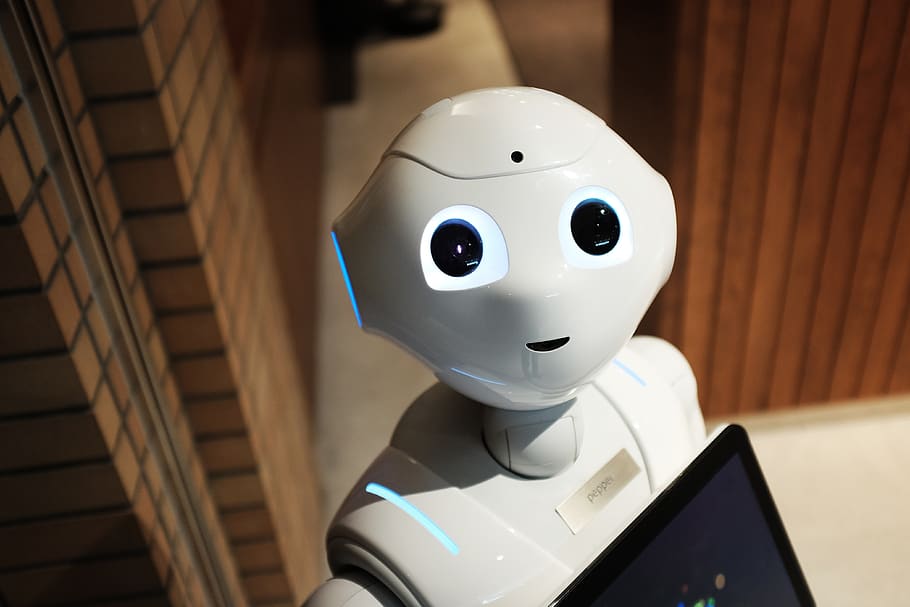Artificial intelligence (AI) plays a key role in the EU's response to the coronavirus crisis. Several AI projects to aid the EU in fighting the pandemic were presented at the Second European AI Alliance Assembly on Friday, hosted by the European Commission.
Projects ranged from training intelligent robots to take care of patients infected with Covid-19 to using AI to analyse CT scans of patients’ lungs with more efficiency than most human radiologists.
The EU has made AI a part of its action package to fight Covid-19 since the start of the pandemic, calling it a “major asset”.
AI is generally used to detect patterns in the spread of the virus and developing potential treatments. Overall, “data will be crucial for devising [corona] recovery strategies”.
Intelligent technology is already being used in the search for a Covid-19 vaccine by using powerful supercomputers that analyse the behaviour of molecules. More than 400,000 molecules have already been tested by researchers from EU-funded Exscalate4CoV to see what their impact is on the coronavirus.
As a result, it has been discovered that osteoporosis drug Raloxifene could also prove to be beneficial in the treatment of patients with mild or asymptomatic Covid-19.
AI is also being applied in radiology, where doctors use the technology to analyse CT-scans of patients’ lungs. A few minutes after uploading the data, radiologists receive reports indicating how much of the lung is affected in a way that is typical for Covid-19 patients.
“AI has proven to be generally more efficient at analysing the CT scans than radiologists who work by hand,” Professor and Chairman of the Medical Imaging Research Center of KU Leuven, Paul Suetens, said.
“Another pandemic could hit us in the future. And with AI, we will be much more prepared.”
Further, progress is being made in developing intelligent robots that can be used to disinfect high-risk areas and support medical staff in providing care.
The robots can also be used to facilitate a ‘telepresence’ for corona-proof communication with Covid-19 patients, where the robot can be fitted with a camera and a screen. The robot can then be steered and driven around the room and hospital corridors.
“We truly live in the era of data,” Professor and head of the EU-funded Robotics and Mechanotronics Lab Stefano Stramigioli stated during the conference.
“The data we collect will teach our robots to learn and become more efficient in assisting humans during the pandemic,” Stramigioli said. “Europe can truly excel here.”
Amée Zoutberg
The Brussels Times

